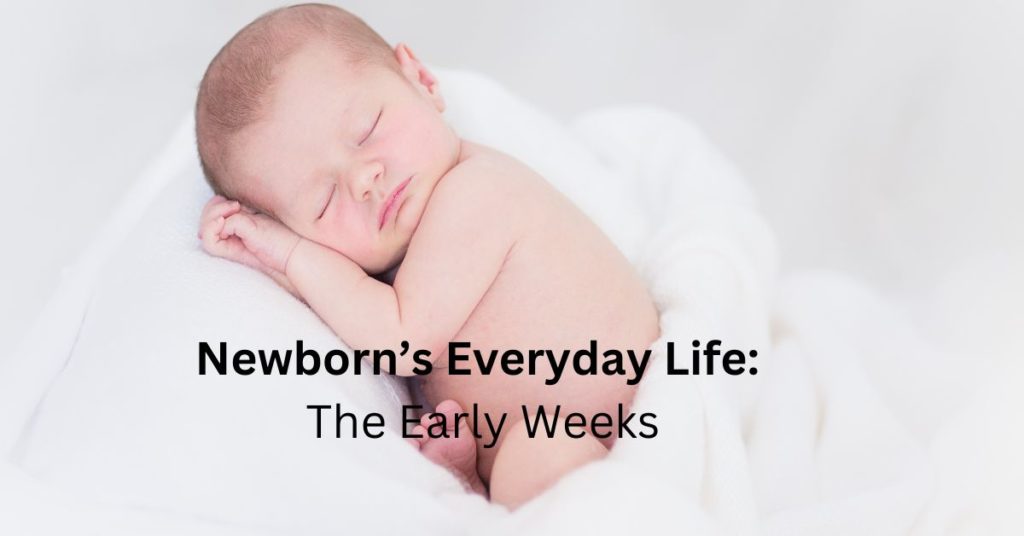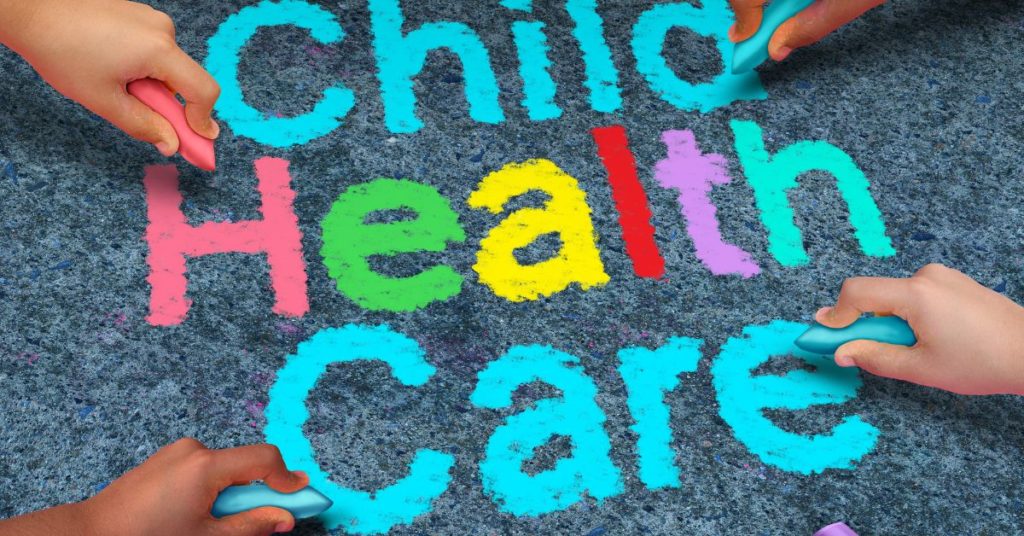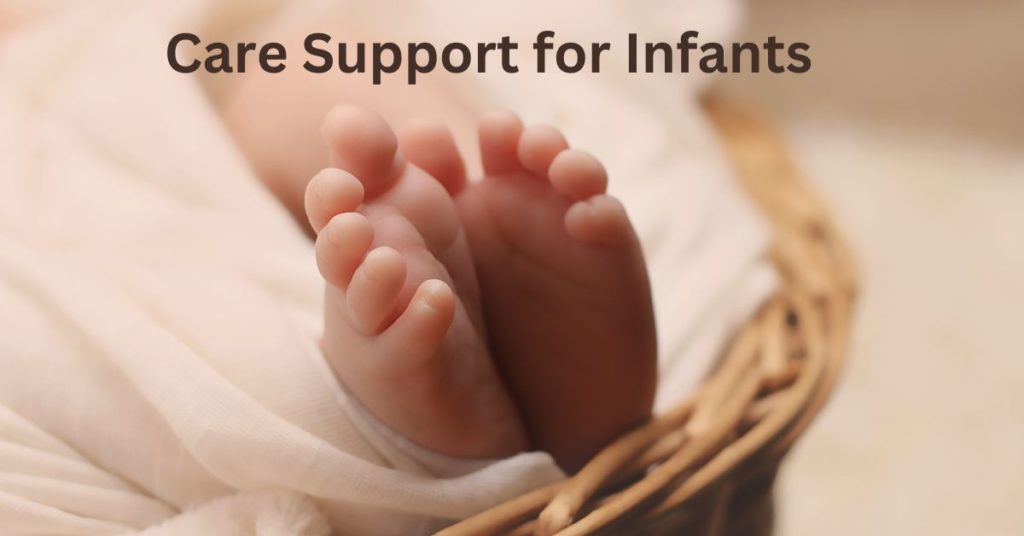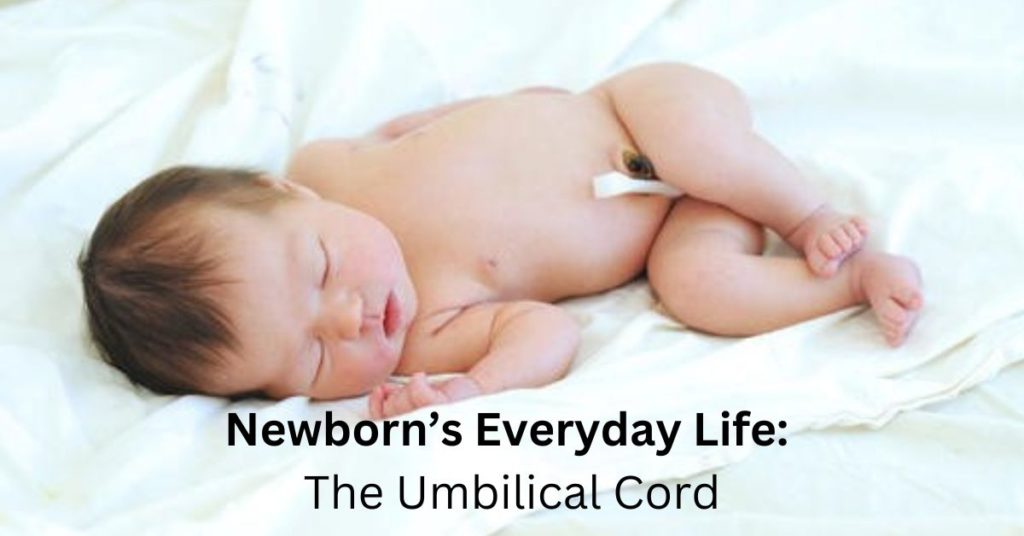Tips for Newborn’s Everyday Life
The baby had been living for nine months in their mother`s belly, a comfortable place where he was fed on demand and free to live at his own pace. Suddenly, he was expelled from his natural environment where he met with the outside world: noise, varying temperature – hot or cold, bright light, and diversity of pathogens … There is no other way – baby must adapt and there is nothing like you, with your arms, hugs, and words to calm and support him in his path. He needs your care, your attention, and your love.
He quickly realizes that crying is a way of communicating with you, telling you about his problems. This may stress you at the beginning, but with time you quickly decipher the cause of his discomfort: your baby is hungry, he is too hot or too cold, has a soiled nappy, unable to sleep, has pain …
Newborn`s Morning
A new day for a kid is necessary to start with a smile … and washing. Every morning before washing the baby`s face and body, wash your hands thoroughly. After that, you have to wash a baby`s face with a cotton pad dipped in boiled water. Each eye is washed with a separate cotton pad in the direction from the outer corner to the bridge of the nose (this is important for protecting against eye infections), then dry eyes with clean napkins. During the day, the eyes are washed as needed.
Then you need to clean Baby`s nose. For this, you have to curl up 2 cotton swabs 3-4 cm long from the wadding (cotton wool), dip it in physiological solution, and rotate them with gentle movements to clean the right and left nasal passage, pushing it deeper to a distance of 1.0 – 1.5 cm. You can alternate – lubricate the cotton swabs with sterile Vaseline oil. It makes nasal mucosa not so dry and helps to remove dry crusts.
Keep reading to learn how to help a baby with a stuffy nose, from home remedies to saline nasal spray. Mild congestion isn’t worrisome, since it’s usually caused by allergies, dry air, or viral infections like the common cold. You know that babies can’t clear the mucus themselves, which means you’ll need to help with the task.
Take note that babies can’t have decongestant medicine until 4 years old because potentially life-threatening side effects could occur. However, you can gently clear your newborn’s nose with saline solution and a bulb syringe. Saline solution is the only safe nasal spray for babies, infants, and toddlers.
To use a saline solution, lay the baby down on its back and, if possible, slightly tilt its head back. Then spray two to three drops of saline spray into each nostril. Don’t worry if your baby sneezes some of it out—it still made its way into the nasal passage.
Once the saline spray is in your baby’s nose, you’ll want to use a bulb syringe (also called a nasal aspirator). Choose one specially made for their tiny nostrils; it should have a rounded. Once again, lay your baby down on their back. Squeeze the bulb to get all of the air out, and, while still squeezing, gently insert the tip into your baby’s nostril (be sure not to stick it too far up). Then release the pressure, take it out, and squeeze the mucus out of the bulb onto a tissue. Repeat in the other nostril for a practical baby stuffy nose remedy.
If a manual bulb isn’t your jam, you can also use some of the more convenient nasal aspirators available, such as the FridaBaby version—these can help you suck the snot out of your baby’s nose much easier.
Do not use hard sticks (made from plastic or wood), it will be harmful to the baby`s nose. Use for this procedure only soft sticks made by your hands from cotton wool.
The clearing of ears (external auditory canals) is rare; they are wiped with dry cotton pads. Again a reminder, do not use hard sticks, use only soft sticks made by your hands from cotton wool.
No needs to wipe the oral cavity of healthy newborns, as mucous membranes are easily injured.
The nails of the baby grow very quickly. Used manicure scissors (with rounded jaws), which before and after the cutting of nails should be wiped with an antiseptic: rubbing alcohol.
If you liked this article, please comment below. Thank you!






Pingback: (2022) Newborn’s Everyday Life: The Umbilical Cord (Part 2) | Childhealthcreation.com